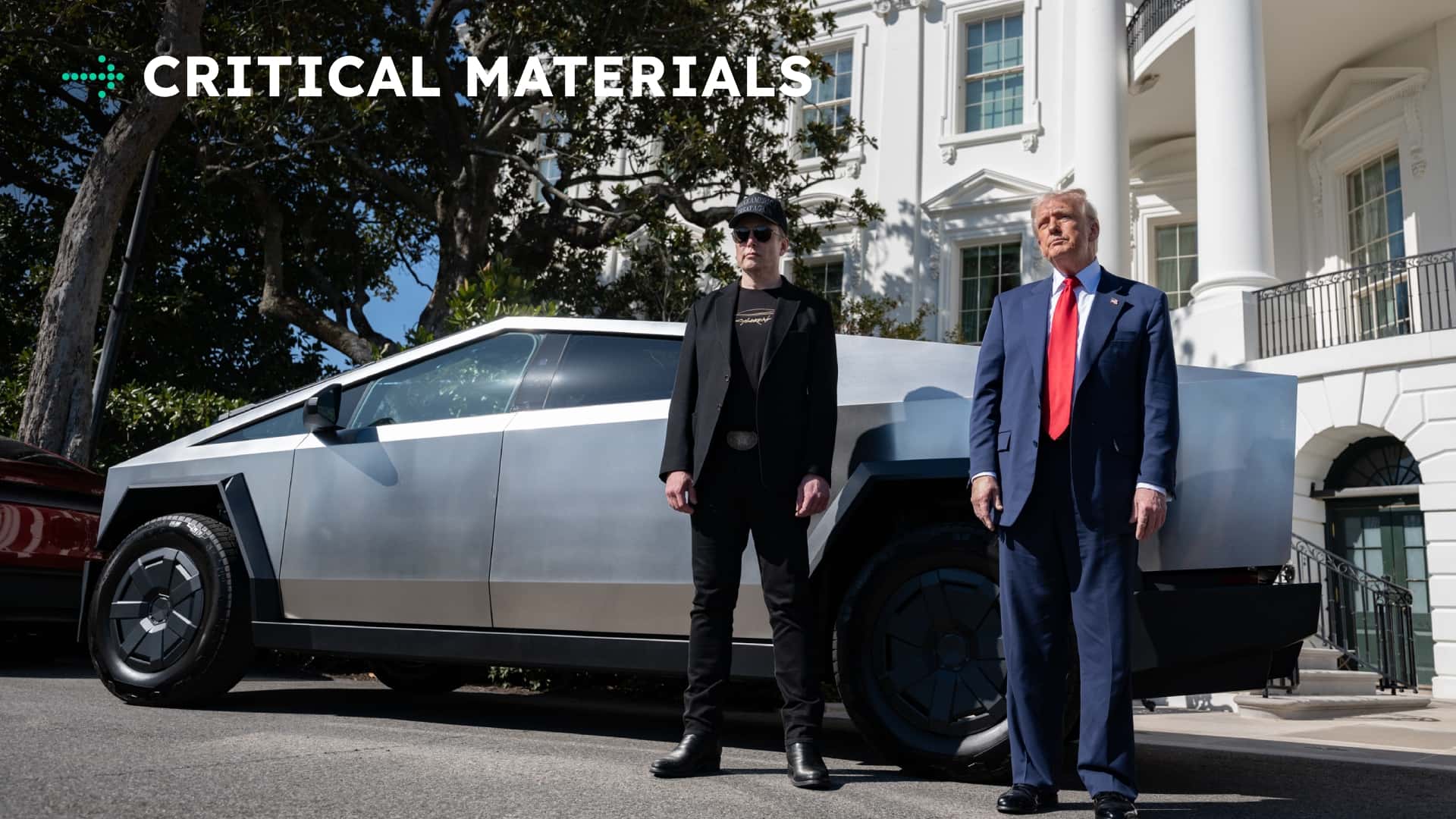Insideevs
7d
200

Image Credit: Insideevs
Even Elon Musk Is Sounding The Alarm Over Trump's Tariffs
- President Donald Trump's decision to impose 25% tariffs on imported cars, light-duty trucks, and auto parts has caused turmoil in the auto industry, impacting even companies like Tesla.
- Tesla CEO Elon Musk acknowledges the significant impact of the tariffs on the automaker, despite its domestic production facilities.
- The tariffs extend to imported steel and aluminum, affecting various aspects of the automotive supply chain and potentially increasing car prices.
- BYD's introduction of a 1,000-Kilowatt DC Fast Charging network with rapid charging capabilities signals a significant advancement in EV technology.
- Tesla's decision to drop the Full Self-Driving (FSD) branding in China may be influenced by new regulations governing vehicle autonomy set by China's Ministry of Industry and Information Technology.
- The change in the naming of Tesla's smart driving software in China aligns with regulations restricting the marketing of driver-assistance features as fully autonomous systems.
- The uncertainty remains regarding whether the tariffs imposed by Trump will persist as a permanent measure or serve as a negotiating tactic in the future.
- The global reaction to Trump's tariffs suggests potential retaliatory measures or exclusions from tax incentives, leading to a challenging landscape for the automotive industry.
- The evolving regulations surrounding autonomous driving technologies highlight the delicate balance between technological advancements and governmental oversight.
- BYD's megawatt fast charging initiative reflects a shift towards rapid and convenient EV recharging to address one of the key challenges in electric vehicle adoption.
Read Full Article
12 Likes
For uninterrupted reading, download the app